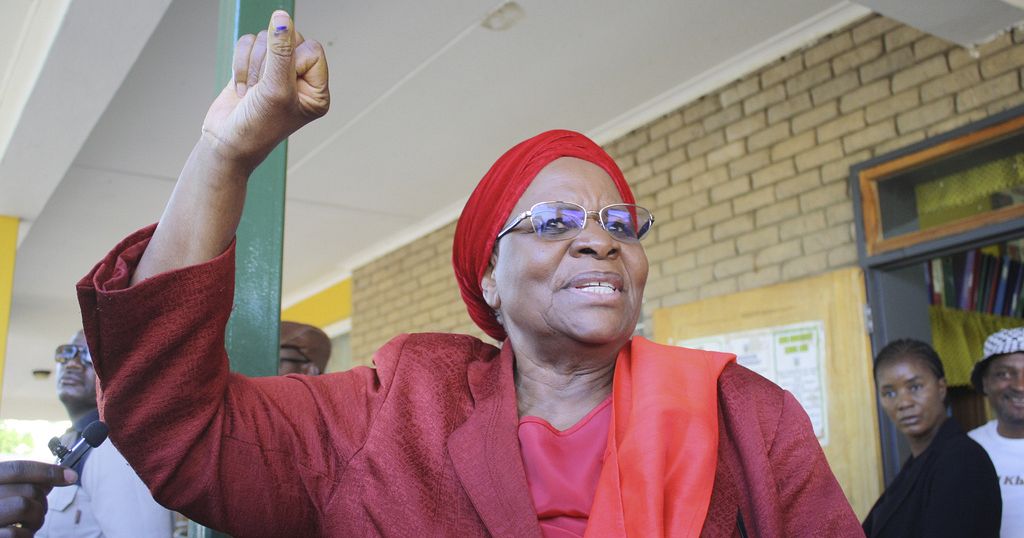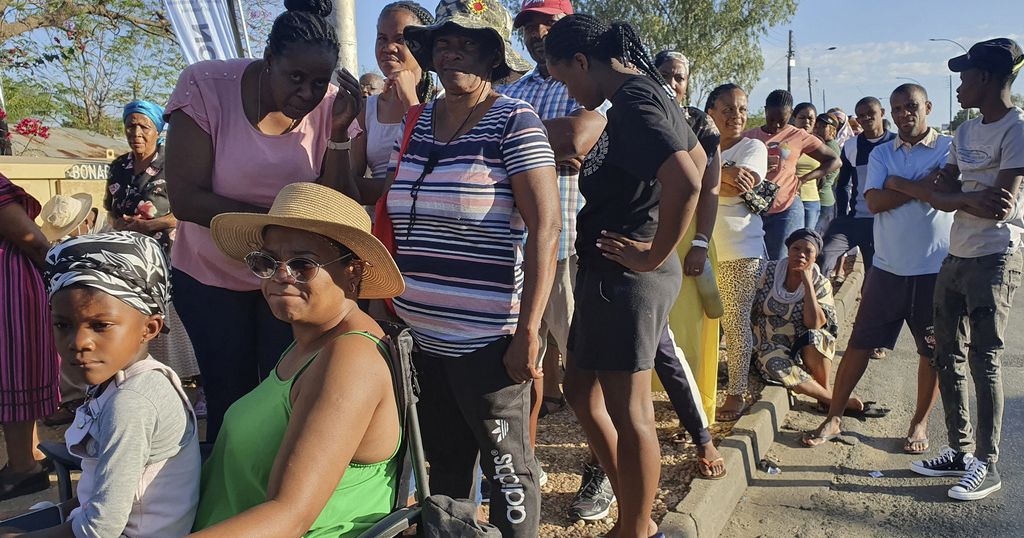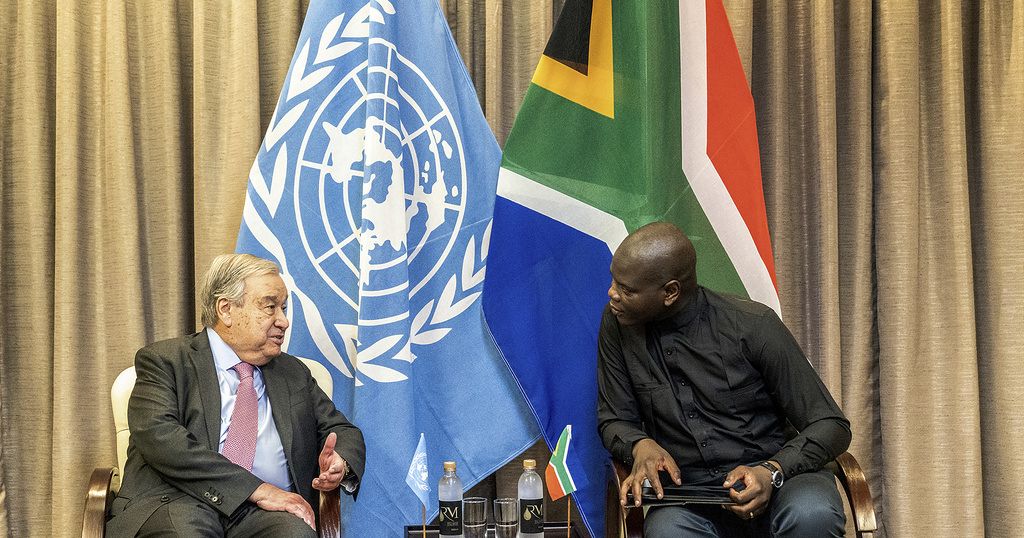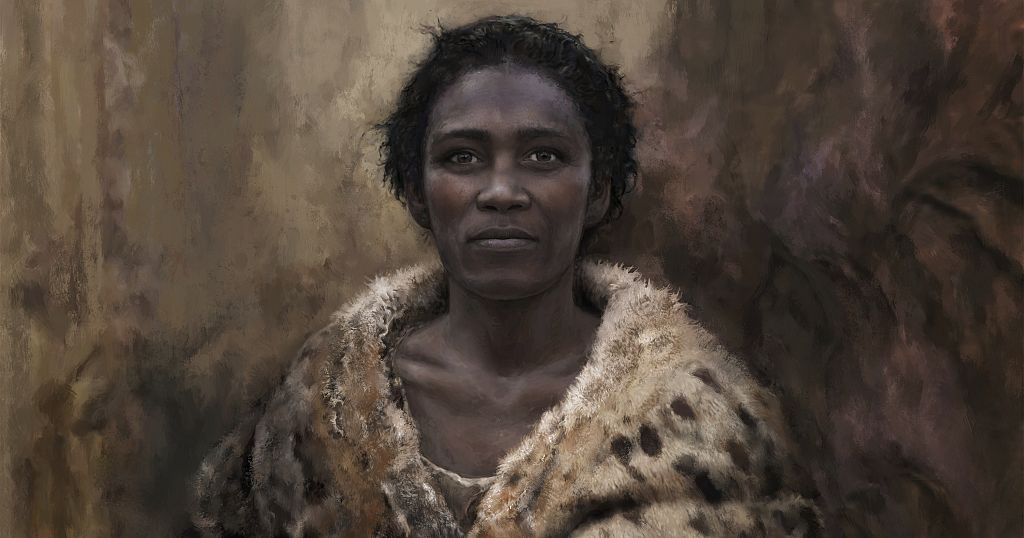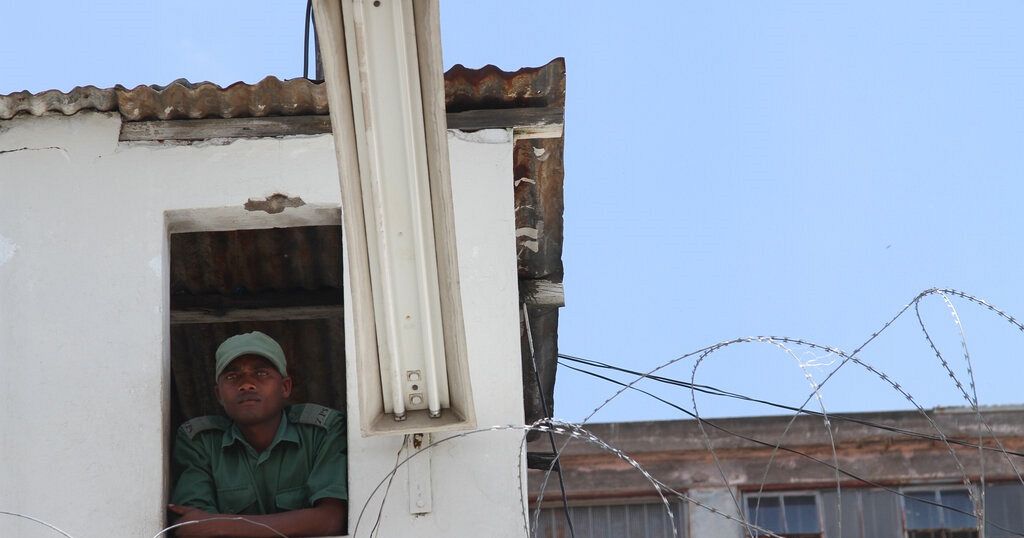UNICEF says birth registration improving but millions of children remain “invisible”
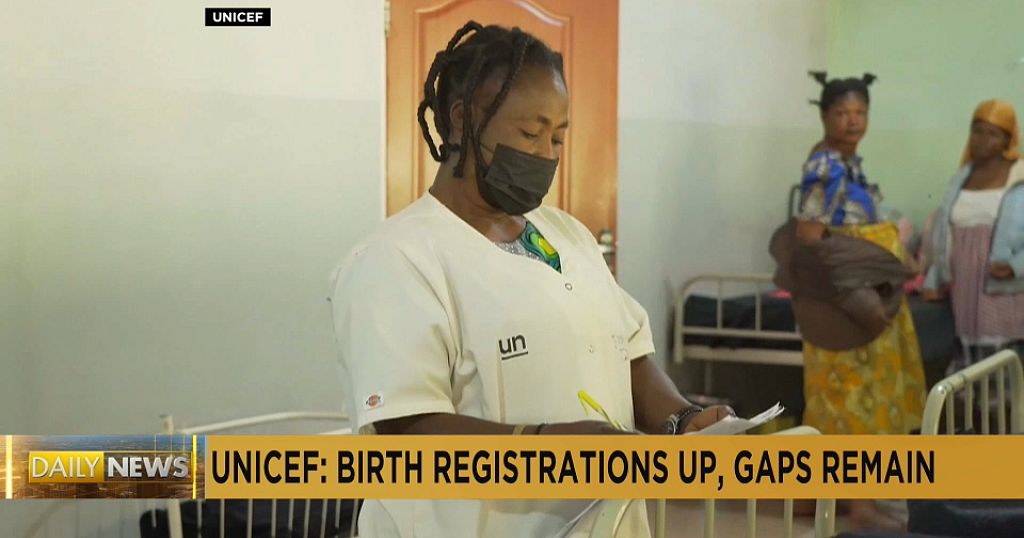
The United Nations children’s agency, UNICEF, said there has been a welcome increase in the number of children worldwide who have had their births registered.
In a new report published recently, it says close to 80 per cent of youngsters under five were registered in the past five years.
“We celebrate the progress made for millions of children in gaining their right to a legal identity, while calling for stronger efforts to ensure that every child, is registered at birth,” said its executive director, Catherine Russell.
However, the agency says some 150 million children remain “invisible” to government systems, with more than half of these in sub-Saharan Africa.
“Birth registration ensures children are immediately recognised under the law, providing a foundation for protection from harm and exploitation, as well as access to essential services like vaccines, healthcare, and education,” she said.
UNICEF also found that over 50 million children who have been recorded, still don’t have birth certificates.
This essential document serves as proof of registration and is critical for acquiring nationality, preventing statelessness, and ensuring children can enjoy their rights from birth.
The agency said global progress has largely been driven by countries prioritising timely registration, leveraging health, social protection, and education systems, expanding services to more locations, digitalising the process, and eliminating fees.
Within sub-Saharan Africa, progress and levels vary widely.
Southern Africa leads with 88 per cent, while Western Africa has made the most significant gains over 15 years, reaching 63 per cent. Eastern Africa and Middle Africa trail behind, both at 41 per cent.
However, sub-Saharan Africa is poised to house the majority of the world’s children in the coming decades.
UNICEF said with slow improvements and this rapidly growing child population, there could be over 100 million unregistered children after 2030 if levels remain as they are today.
It said many families around the world continue to face barriers due to weak political commitment, long distances, and multiple visits to registration facilities.
Lack of knowledge about the registration process, unaffordable fees, and prohibitive indirect costs, and in some places, discrimination based on gender, ethnicity, or religion also play a role.
Despite these challenges, some countries have made significant gains. In sub-Saharan Africa, Botswana has achieved universal birth registration, while Côte d’Ivoire has reached over 90 per cent.
Rwanda, Sierra Leone, Tanzania, and others have also shown sustained improvement over the past decade. These success stories serve as valuable models for other countries to emulate.
Source: Africanews



